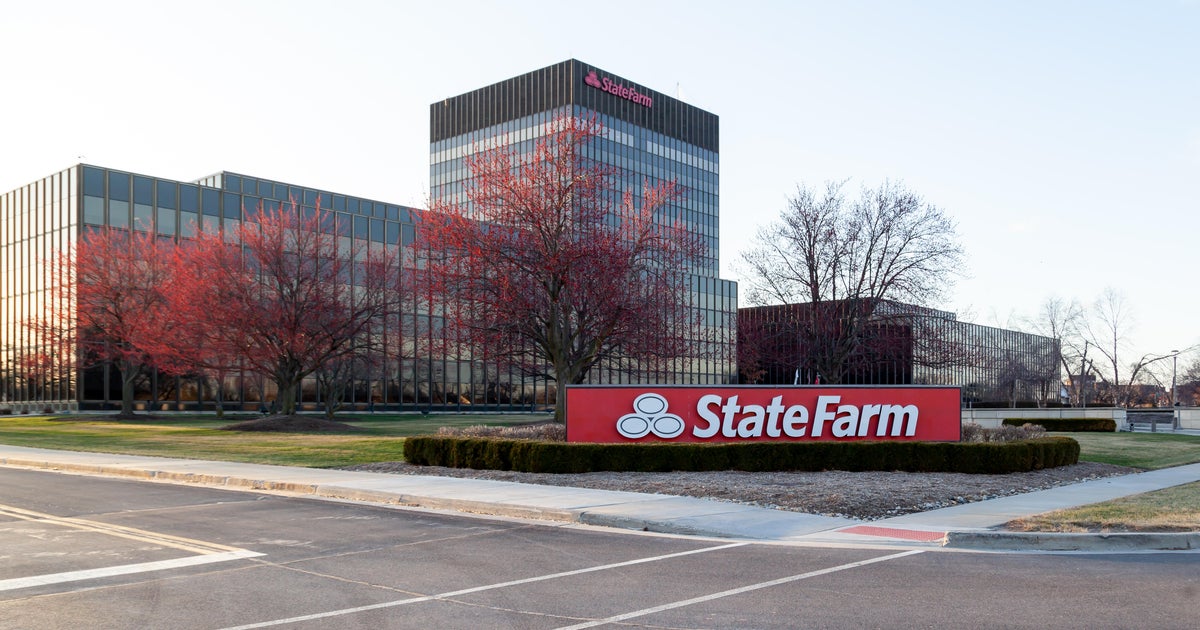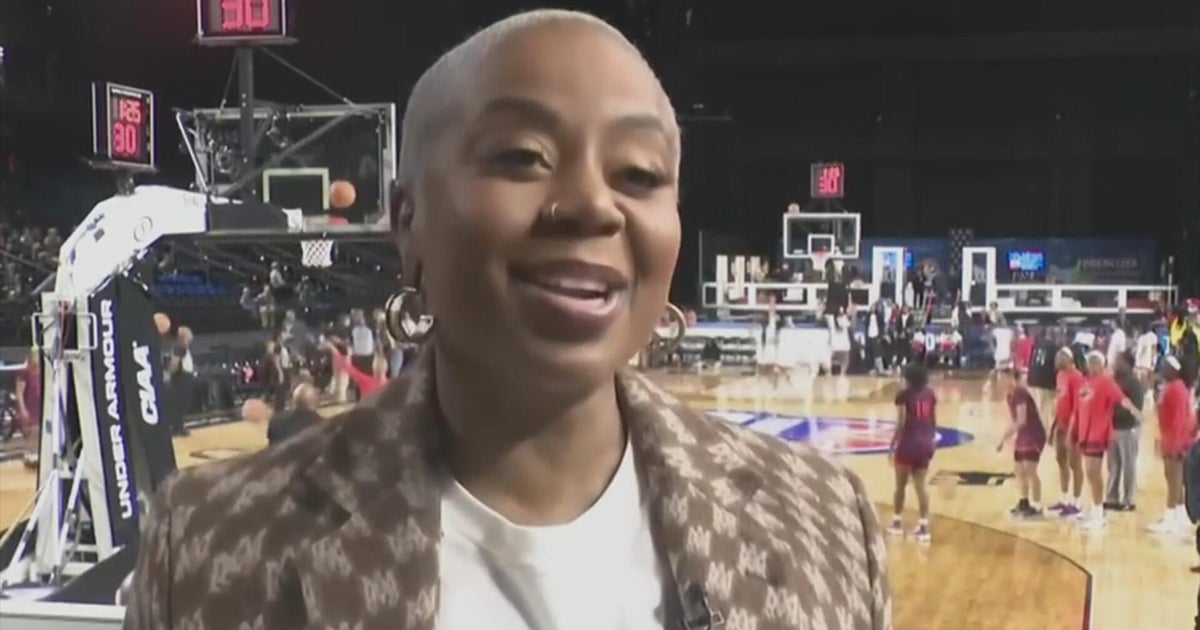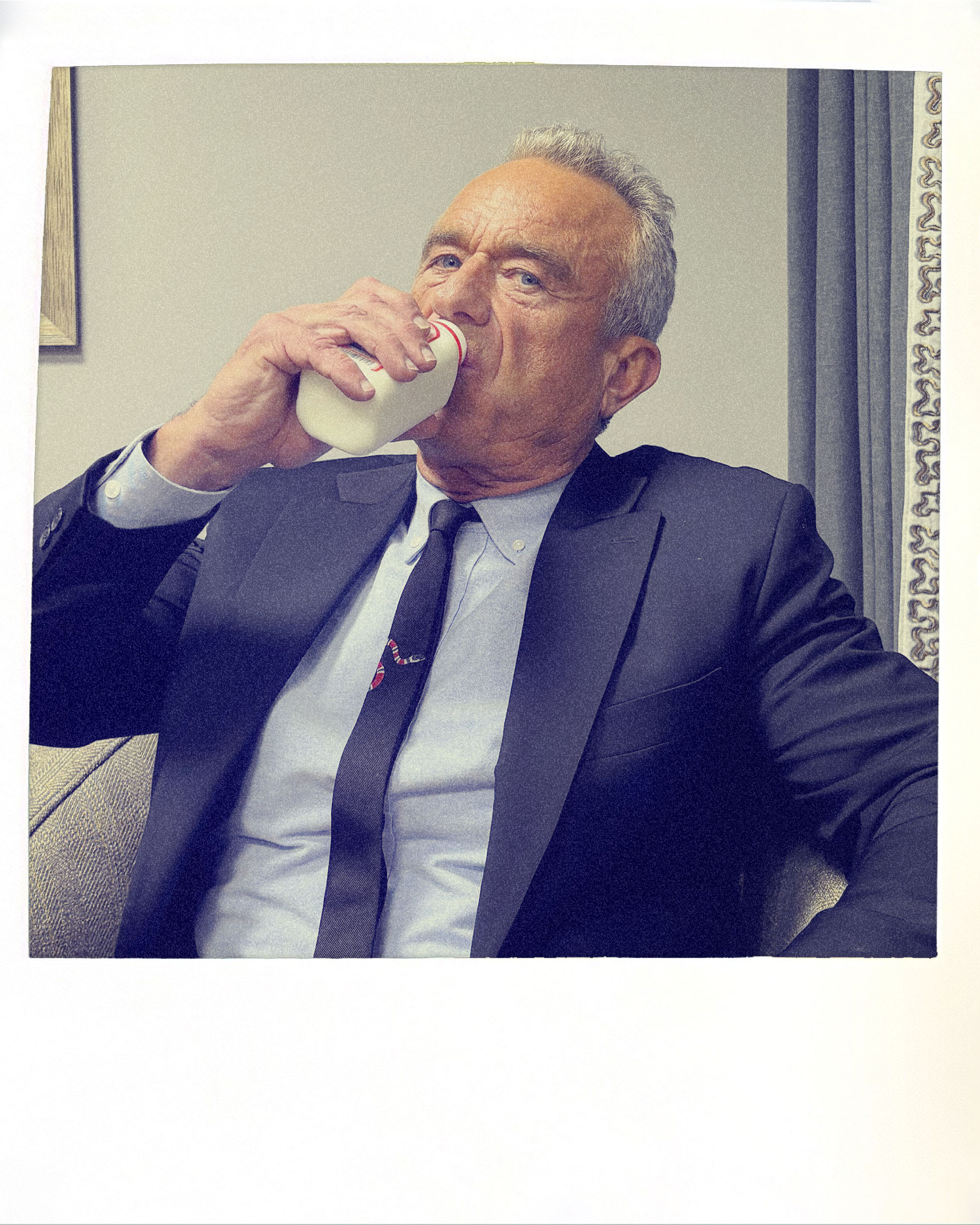The return of the milkman, 21st century-style
The classic white suit, black bowtie and signature glass milk bottles are likely to remain relics of history, but in other ways the milkman is making a comeback.
More Americans are getting dairy products -- alongside fruits, vegetables and other groceries -- delivered to their door as they seek a more direct relationship with food producers. A handful of regional dairies have rolled out limited home delivery, and at least one fresh-food delivery specialist is piloting a dairy-subscription plan featuring to-your-door milk, cheeses and yogurt from local dairies.
"I see the milkman coming back, I really do," predicted Hamdi Ulukaya, the billionaire founder and CEO of yogurt powerhouse Chobani, at a gathering of business journalists last week in New York. The impetus, Ulukaya said, is consumers in search of maximum freshness and a direct relationship with food brands: "Who's in between doesn't matter anymore," he said.
Chobani "could play" in this market in some fashion, added Ulukaya, who gets food delivered at his home in New York but said he still enjoys a leisurely shopping trip to pick out fresh food from local markets.
Some dairies already manage their own home deliveries. For instance, North Aurora, Illinois-based Oberweis Dairy offers weekly home delivery of its milk in parts of Illinois, Indiana, Missouri, Michigan, North Carolina and Wisconsin. Starlight Dairy delivers milk in traditional glass bottles, picking up empties for refills, in Westchester County, New York, and western Connecticut. And Manhattan Milk delivers minimally processed milk, along with other dairy and produce, in New York City.
Other dairies offer their products on the menus of homegrown grocery delivery services that focus on locally sourced foods, such as Indianapolis-based Green BEAN Delivery, Seattle-based Full Circle and Farm Fresh To You, of Capay, California. And of course, many traditional full-service grocery stores offer delivery as they seek to keep pace with fast-growing offerings from digital natives FreshDirect, Peapod and Amazon Prime Now (AMZN).
In what may be a first, a small group of Green BEAN's customers are testing out a new "dairy membership" offering that includes regular deliveries from one of three dairies -- Pomeroy, Ohio-based Snowville Creamery, Wooster, Ohio-based Hartzler Family Dairy, or Zionsville, Indiana-based Trader's Point Creamery, said Matt Ewer, Green BEAN's founder and CEO.
Customers can choose products ranging from milk to cottage cheese, yogurt to string cheese -- all organic, minimally processed and produced with milk from grass-fed cows at local farms, said Ewer. His company has about 150 employees, operates two of its own organic farms, and makes deliveries in Indiana, Ohio, Kentucky and Missouri.
The dairy offerings it delivers aren't pasteurized for as long as traditional options, Ewer said, because the products don't sit on a grocery-store shelf or with a distributor. The minimum order is $20, with a $4.99 delivery fee that phases out as you order more (delivery is free for orders of $65 or more). Customers can add nondairy products, including local produce.
Green BEAN began 10 years ago with weekly deliveries of fruit-and-vegetable bins, and Ewer expects its business will continue to evolve. What won't change: a mission built around supporting local agriculture with a "viable economic platform for success," he said, and offering a convenient way for customers to eat well and support local farmers.
"I used to say order blackberries on your BlackBerry, but that's way outdated now," Ewer told CBS MoneyWatch. "But you can definitely order apples on your Apple. That's where we're looking at, and I think you're going to continue to see exciting models."
One such model is subscriptions, which are a godsend for dairies that are facing "all kinds of pressure" as premium milk prices drop and transportation costs take an additional toll, said Warren Taylor, Snowville Creamery's founder and co-owner.
Taylor's 30-employee operation uses milk from 300 grass-fed cows to make products it distributes in its home state and also, thanks to a deal with Whole Foods, in Kentucky, Pennsylvania and Maryland.
"The idea of delivering milk right to your door is almost more of a gimmick," admitted Taylor, who said the stand-alone model tends to work only in concentrated urban areas but makes sense as part of a package that more closely resembles the "grocery store experience" elsewhere. "It's an expensive stop to just deliver milk."
Fortunately, if you can't get a milkman to deliver to your home, you can appoint your own.



